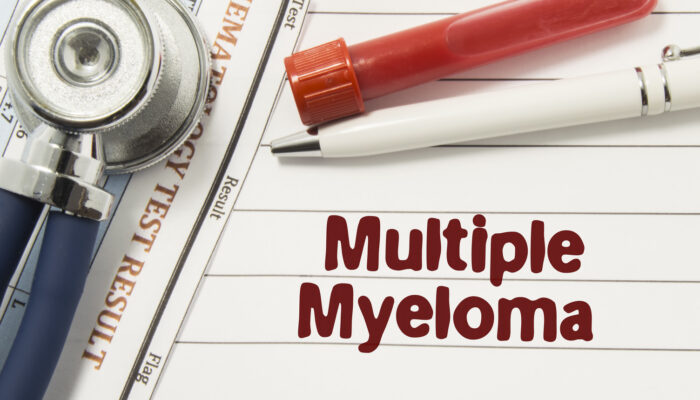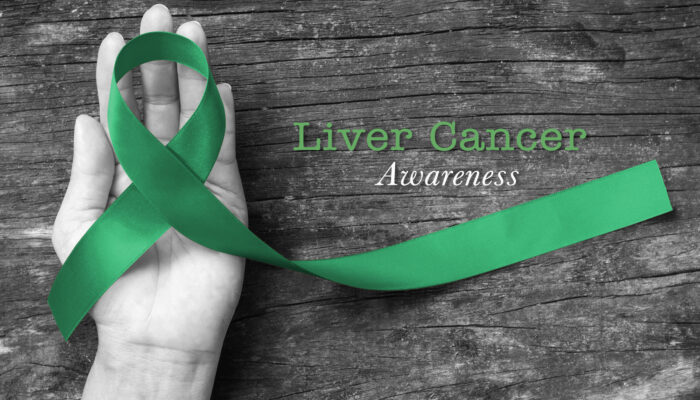
Stages and management of Alzheimer’s
Alzheimer’s is a state of loss of memory and other functions of the brain. It is said that different people have different stages of Alzheimer’s. If you identify the onset of the disease, you should seek immediate treatment for the same.
Stages of Alzheimer’s
Stage 1: No impairment
At this stage, Alzheimer’s disease is not detectable and there are no memory-related problems or any other symptoms of dementia.
Stage 2: Very mild decline
Older people might have some memory problems or may lose things around them easily. The memory loss is not that evident and can be identified as memory-related problems that come with age as well. Thus, at this stage, diagnosis of Alzheimer’s disease by the family or by a physician becomes difficult.
Stage 3: Mild decline
At this stage, the disease can be diagnosed by relatives and friends. Memory tests, when conducted by physicians, may show positive results. People at this stage will have difficulty in finding the right words in conversation. Other symptoms include difficulty in remembering new names, organizing, and planning. There are chances they may lose personal and expensive belongings too.
Stage 4: Moderate decline
The symptoms of Alzheimer’s disease become evident at this stage.
- Difficulty in performing simple calculations
- Weak short-term memory
- Inability to pay bills or manage accounts
- Forgetting the past Stage 5: Moderately severe decline
At this stage, people will need help with their daily activities. They may face- - Inability to dress properly
- Difficulty in remembering and recalling their personal details.
- Confusion Stage 6: Severe decline
At this stage, people need constant help and supervision and in most cases, a nurse or some professional care is hired. - Confusion about the external environment
- Need for assistance in performing daily activities like bathing and toilet.
- No control over bladder and bowel.
- No memory about personal history
- Change in personality and improper behavior is seen
Stage 7: Very severe decline
This is the final stage of Alzheimer’s disease. People at this stage lose all their ability to communicate or respond to their environment. They need constant help with all their daily activities.
Management of Alzheimer’s
Lifestyle
This recommendation is common for all stages of Alzheimer’s. Following a healthy lifestyle will help keep a check on all the symptoms of the disease. Also, it will prevent the risk of heart attacks and heart strokes. Having a well-balanced diet, exercising on a daily basis, avoiding head injuries and not consuming alcohol will help as well. One must stay socially active too.
Medication
There are several medications that can be used to manage mild to moderate symptoms of Alzheimer’s. All medications should be taken under a doctor’s prescription only.
If one experiences any of the above mentioned stages of Alzheimer’s disease, they visit a doctor immediately. Changing their lifestyle and taking medications to curb its effect on the mind and the body is advisable.



